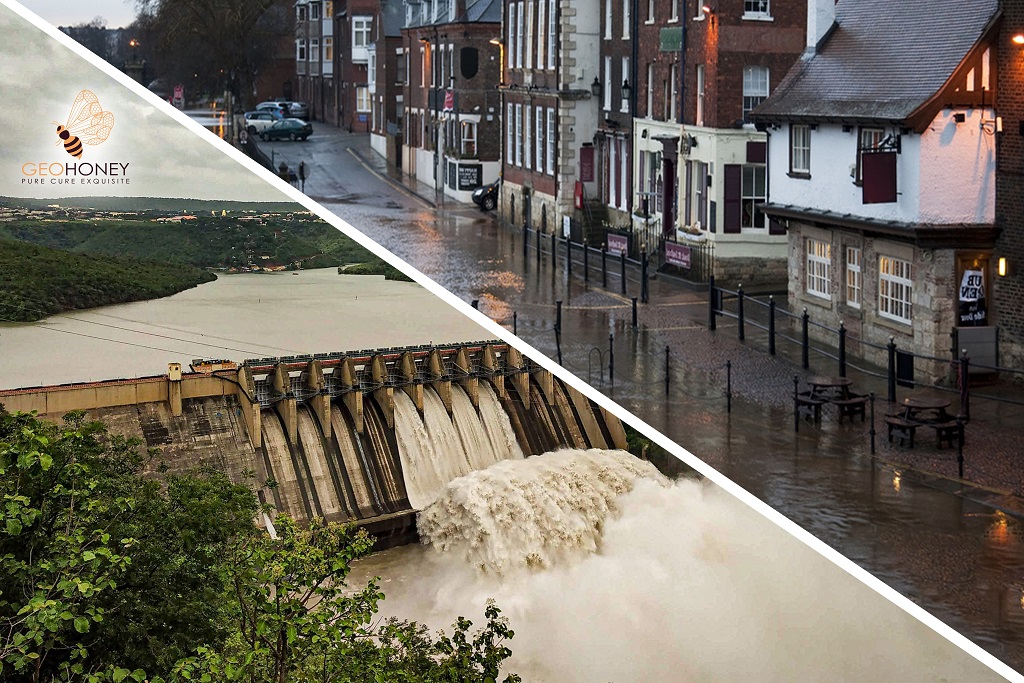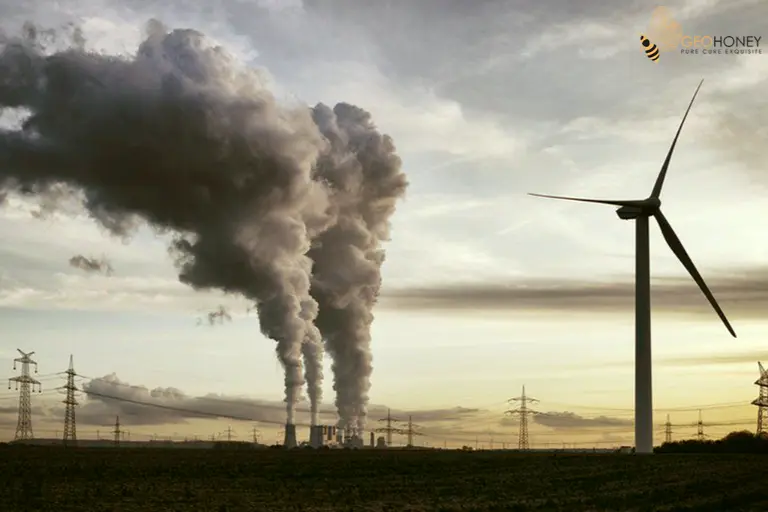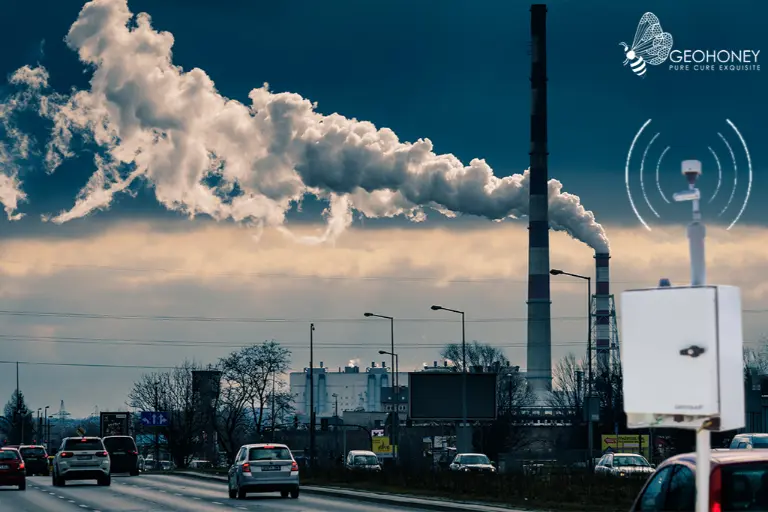- Tokyo: 13:10
- Singapore: 12:10
- Dubai: 08:10
- London: 04:10
- New York: 23:10
Bangladesh Could Teach the United Kingdom How to Prepare for Climate Change

Anyone who has experienced record-breaking heat or waded through floodwaters will understand why Britain is "strikingly unprepared" for the effects of climate change. That is the conclusion of a recent report issued by the Climate Change Committee, the UK government's independent advisory body on climate policy.
It may appear surprising that a wealthy country like the United Kingdom is so unprepared for the challenge. We frequently hear about adaptation—changes in processes and structures to deal with the current and future effects of the climate crisis—in relation to developing countries, whose vulnerable populations will bear the brunt of change, such as increased frequency of extreme weather events. However, Lisa Schipper, a developmental geography professor at the University of Bonn, cautions against this. "Many people in the global north have been painted with a picture of climate disasters occurring in poor countries," she explained. This has resulted in a state of complacency from which we may only be emerging.
For a longer time, poorer countries have had a clearer focus on adaptation. In response to Germany's devastating floods in 2021, which killed 196 people, Saleemul Huq, director of Bangladesh's International Centre for Climate Change and Development, wrote an op-ed explaining how rich countries could learn from his home country. Despite being hit by cyclones and floods on a regular basis, Bangladesh has invested in minimising the loss of human lives during disasters and now has "one of the best disaster warning systems, with evacuation plans and shelters." That's not to say developing countries don't need more assistance with sustainable development, or that the United Kingdom is uniquely unprepared among the rich countries.
As summarised in the recent Intergovernmental Panel on Climate Change report, policy gaps are impeding climate resilience everywhere. While investment in adaptation measures is increasing, it remains a small portion of total green finance and is insufficient to meet the enormous task at hand. It's also hampered by the very issues we're attempting to solve. As losses mount, more money is spent on repairing the damage rather than protecting the future.
The situation in the United Kingdom is dire. The summer heatwave of 2022 contributed to wildfires, a prolonged drought, and the highest rate of heat-related excess mortality ever recorded in England. It also demonstrated the risk of cascading effects when extreme temperatures caused two data centres, which were back ups for each other, to fail. As a result, most clinical IT systems at several London hospitals and community services were brought down, causing widespread disruption to patient care. Changes in other countries have already had an impact on the country: Salad shortages in the UK were caused by unseasonably cold weather in Spain just a few weeks ago.
Worryingly, what we're seeing now is only the beginning. "Every increase in temperature has escalating effects, and the temperature will not stop rising until we reach net zero," said Julia King, chair of the CCC's adaptation committee, at a press conference. We have another three decades of rising climate risks ahead of us. It won't be long before temperatures in the summer exceed 40° C.
In preparing for and adapting to known risks, King refers to a "lost decade." Public spending in the UK has been low for many years, resulting in outdated and vulnerable infrastructure and services. A government plan to increase energy investment and accelerate renewable energy deployment included little new spending.
Globally, marginalised groups bear the greatest burden. Schipper emphasises that equality must be at the heart of all adaptation plans, or else you will only benefit a subset of people while making things worse for others. In Bangladesh, for example, researchers discovered that while removing floodplains protected male livelihoods, it cut off food and economic opportunities for poor, landless women. According to Chris Stark, CCC's chief, people in the UK are generally aware of the risks—many live on floodplains or in overheated houses—and are looking for a solution. To ensure all-around adaptation, the CCC recommends cross-governmental structures.
According to research, the most effective measures are transformational rather than incremental. If done correctly, adaptation can solve other problems. Incorporating trees into urban design, for example, can help keep cities cool, improve well-being and health, and reduce air pollution. That's preferable to raising flood barriers.
The British government plans to release its third national adaptation plan in mid-2023. Let us hope it takes the CCC's recommendations seriously and learns from the experiences of poorer countries forced by circumstance to become role models.
Source: livemint.com




This effect of climate change on Britain should be an eye-opener for them to be aware of what human being does to mother earth comes back to us and even worst.
The more the temperature rises the more the effects on us, And the more problem we will be facing it.